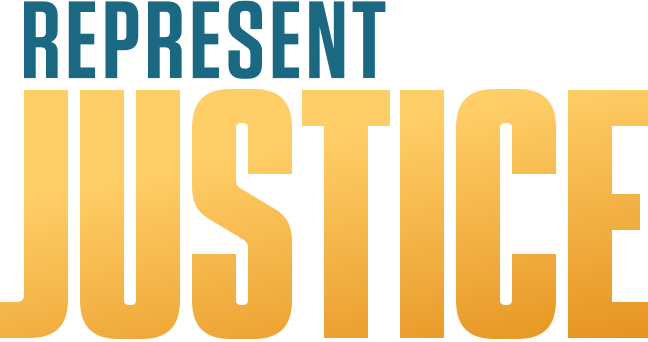Witness to Innocence highlights stories of exonerated survivors of death row

Herman Lindsey, now 48, was convicted in 2006 of robbing and murdering a Fort Lauderdale pawnshop clerk in 1994. No physical or forensic evidence linked him to the case. Even so, police pinned the long-unsolved killing on Lindsey. He spent two years on death row before Florida’s supreme court threw out his convictions and exonerated him. The court cited a lack of evidence and blasted prosecutors for improper conduct that it said biased the jury. Lindsey still lives in Florida, which has the highest number of death-row exonerations in the U.S. He fishes (here with his stepson) and counsels youths about avoiding bad decisions. (Photo by Martin Schoeller)
Since 1973, more than 8,700 have been sentenced to death in the United States. And, at least 182 of them were found to be innocent.
That’s a total of 2,133 years lost among those who have been wrongfully convicted and exonerated from death row over the past 5 decades. Those are decades of dreams deferred, and moments lost with friends, families and loved ones.
Recently, our partners at Witness to Innocence (WTI) — the only national organization by and for exonerated death row survivors — embarked on new project to further their mission of generating cultural and policy change to end the death penalty in the United States.
Based in Philadelphia and founded in 2005, WTI is a nonprofit working to abolish the death penalty and change public opinion around capital punishment. They also offer a peer support network for exonerees, who often do not receive compensation or other reentry support after their release.
Through a grant offered by Represent Justice and the Art for Justice Fund, WTI put together a video series called #ImLivingProof. The series centered the voices of WTI members across the country, 9 of whom generously shared their stories of being wrongfully convicted and sentenced to death. The series documents the way the death penalty is disproportionately applied to poor people and people of color, the priceless years lost by exonerees, and WTI’s fight to make sure no one has to experience such a grave miscarriage of justice again.
WTI’s work was also documented by the folks at National Geographic in a feature in their March issue titled “Imprisoned While Innocent.” The 27-page spread shares the experiences WTI members had accompanied by 16 portraits of WTI members and family and 9 graphics explaining the impact of the death penalty in the U.S. over time.
“The day that I heard the judge say, ‘We the people sentence you to die by lethal injection,’ I couldn’t understand how I could be sentenced to death for something I didn’t do,” shared Represent Justice Ambassador Herman Lindsey, who was featured in the video series.
Herman, the Board Secretary of Witness to Innocence, was wrongfully convicted and sentenced to death in 2006. He spent 3 years on death row and upon his release, became the 23rd person to be exonerated from Florida’s death row — the state with the highest rate of exonerations in the country.
Herman has been home for 11 years, and has dedicated his time to working with at-risk youth in Florida and advocating for reform in the justice system. But, he and countless other exonerees live with the stigma and trauma of having lived on death row.
“When you get exonerated, you’re very limited in what you can do,” Herman said. “Why can’t I get a job? Why can’t I rent an Airbnb if I want to take my family on vacation? When they do background check, it shows up even though it shows I was exonerated later.”
But, not everyone has a story like Herman’s. On average, an exonerated death row survivor spends 11.5 years in prison for a crime they did not commit, and not every innocent person on death row has the opportunity to receive the justice they deserve.
While the death penalty has been outlawed in 22 states, WTI’s work continues as capital punishment remains legal in 28 states and at the federal level.
Watch exonerated death row survivors tell their stories here.
Read more about the amazing work of Witness to Innocence, and why we must abolish the death penalty in National Geographic here.
